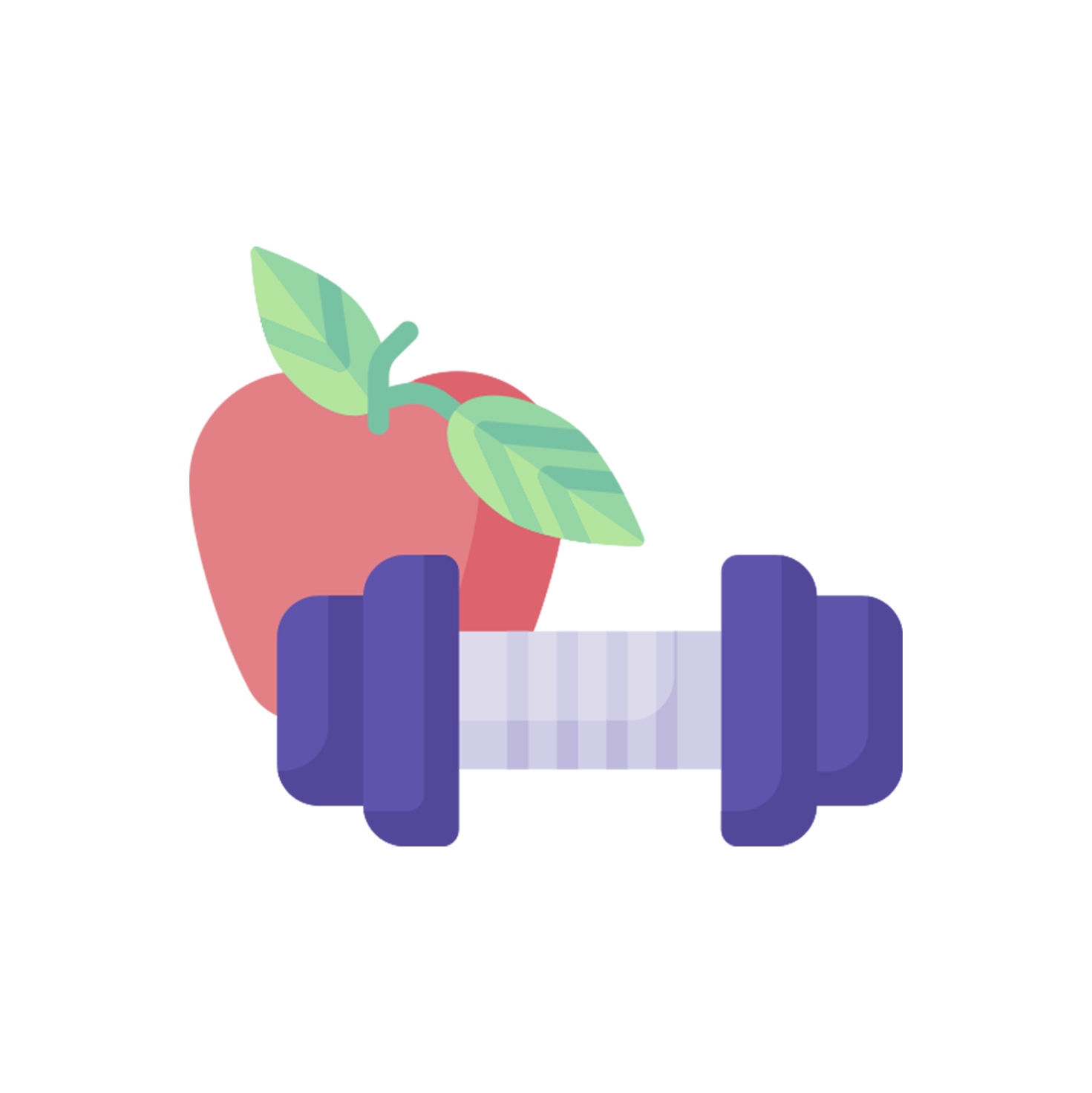Are you frequently tired, grumpy or anxious? Your diet might just be the culprit. Food doesn’t just help keep those hunger pangs at bay and provide our body with sustenance. It contains neurotransmitters which can affect our mood as well. A healthy balanced diet must therefore contain not just nutritional building blocks such as dietary fiber and essential vitamins, but the right balance of neurotransmitters to keep us feeling as great as we look!
What are neurotransmitters?
As the name suggests, neurotransmitters, which are made up of tiny amino acids, transmit signals to the brain. Depending on their chemical composition, different neurotransmitters communicate different signals to our brain, which in turn influence our moods. Here are four neurotransmitters linked to better moods, friendlier dispositions and higher energy levels.1, 2
- Serotonin. It is linked to feelings of happiness and well-being. Researchers have found that sufferers of depression exhibit much lower levels of serotonin than the average, well-adjusted individual.
- Norepinephrine. Having trouble concentrating? You might just need more norepinephrine. This neurotransmission is associated with mental alertness and focus, and can also contribute to higher energy levels.
- Dopamine. This is known as the “pleasure” or “feel good” neurotransmitter. Certain narcotics are addictive precisely because they over-stimulate dopamine release. Dopamine, however, releases naturally and can help sharpen our focus, stimulate creativity and improve memory.
- Epinephrine. This neurotransmitter is linked to feelings of motivation and determination. If you’re in a stressful situation, epinephrine is a weapon you need in your neurotransmitter arsenal, and it can only be obtained through foods.
Eating for a better mood
Now that you understand neurotransmitters, you can use this understanding to your advantage by crafting a mood-boosting diet!
- Tryptophan
Tryptophan is linked to increased serotonin production, and can be found in many protein sources such as turkey and soybeans. Dairy proteins, in particular, contain plenty of tryptophan. Boost your milk and cheese consumption, and get some extra calcium too!3
- Zinc
Zinc is required to metabolize essential fatty acids and is also a cornerstone of serotonin production.3 Low levels of zinc are linked to a wide range of mental health ailments including anxiety and depression.4 To increase your zinc levels, consume more seeds and nuts like walnuts, sunflower seeds and pumpkin seeds.
- Less caffeine
Many of us rely on caffeine to get going in the morning. But while caffeine has been shown to temporarily increase circulation of energy-enhancing norepinephrine, it’s often followed by an energy slump colloquially known as a "caffeine crash". Try to stick to a maximum of two cups of coffee per day, and avoid other caffeine sources like coke and tea if you’re drinking coffee!2
A healthy diet is essential to our health not just physically, but mentally as well. If you’re battling dark moods and low energy levels, try tweaking your diet, and consider speaking to a doctor as well.
Sources
- 8 tips for eating well. NHS Choices. Visited 5 September 2013.
- Food and mood. Mind. Visited 5 September 2013.
- Influence of supplementary vitamins, minerals and essential fatty acids on the antisocial behaviour of young adult prisoners. Gesch CB, Hammond SM, Hampson SE, Eves A and Crowder MJ. British Journal of Psychiatry 2003; 181: 22-28
- The co-occurrence of zinc deficiency and social isolation has the opposite effects on mood compared with either condition alone due to changes in the central norepinephrine system. Mitsuya H, Omata N, Kiyono Y, Mizuno T, Murata T, Mita K et al. Behavioural Brain Research 2015; 284: 125-30
© Cigna Healthcare 2023
Information provided in this article is intended for health and fitness purposes only and is not intended for use in the diagnosis of disease or other conditions, or in the cure, mitigation, treatment or prevention of disease (see Terms & Conditions for details). Any health-related information found in this article is available only for your interest and should not be treated as medical advice. Users should seek any medical advice from a physician, especially before self-diagnosing any ailment or embarking on any new lifestyle or exercise regime. Any information contained in this article may not be suitable, accurate, complete or reliable. Cigna Healthcare accepts no responsibility for the content or accuracy of information contained on external websites or resources, or for the security and safety of using them. "Cigna Healthcare" and the "Tree of Life" logo are registered trademarks of Cigna Intellectual Property, Inc. in the United States and elsewhere, licensed for use. All products and services are provided by or through operating subsidiaries, and not by The Cigna Group.





